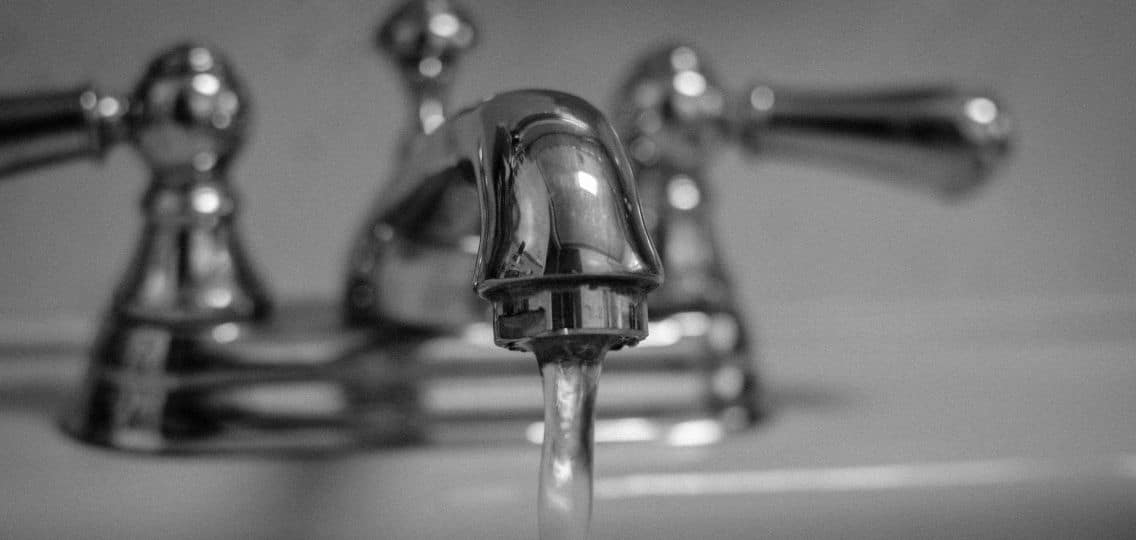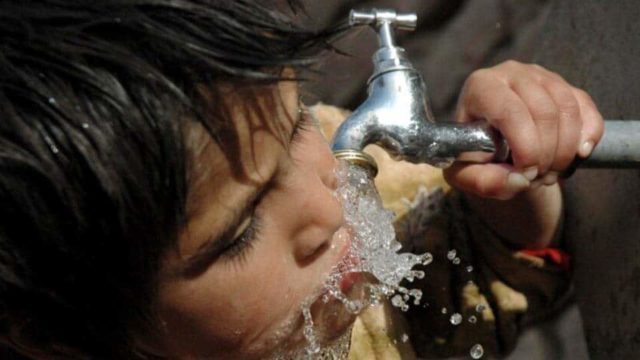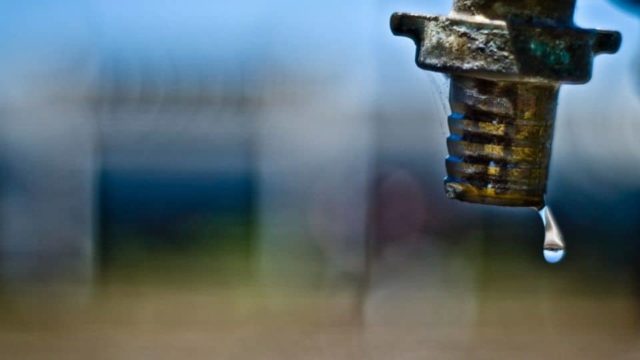We all depend on access to clean drinking water. Across Canada, water gets to our homes in a variety of ways — from large-scale public treatment and distribution systems in major cities to private wells in rural areas. No matter where your water comes from, all levels of government share responsibility for ensuring that it’s safe.
In 2000, Canada’s worst outbreak of E.coli took several lives in the community of Walkerton, Ontario when the bacteria made its way into the local drinking water supply. That tragedy led Ecojustice to produce Waterproof, Canada’s first national drinking water report card, the next year. We found that in most Canadian provinces and territories, laws were not strong enough to ensure water safety.
Canada’s drinking water standards continue to lag behind international benchmarks.
In 2015, the new federal government committed to resolving drinking water advisories in 126 First Nations by March 2021. That deadline has passed and water advisories remain in place for many Indigenous communities.
Access to clean, safe water to drink is a health and human rights issue. Without a concerted effort to improve Canada’s deficient water standards, Canadians will continue to be put at unnecessary risk. Our lack of strong, legally-binding national water standards also perpetuates inequity in water quality across the country, particularly in rural and First Nations communities.



